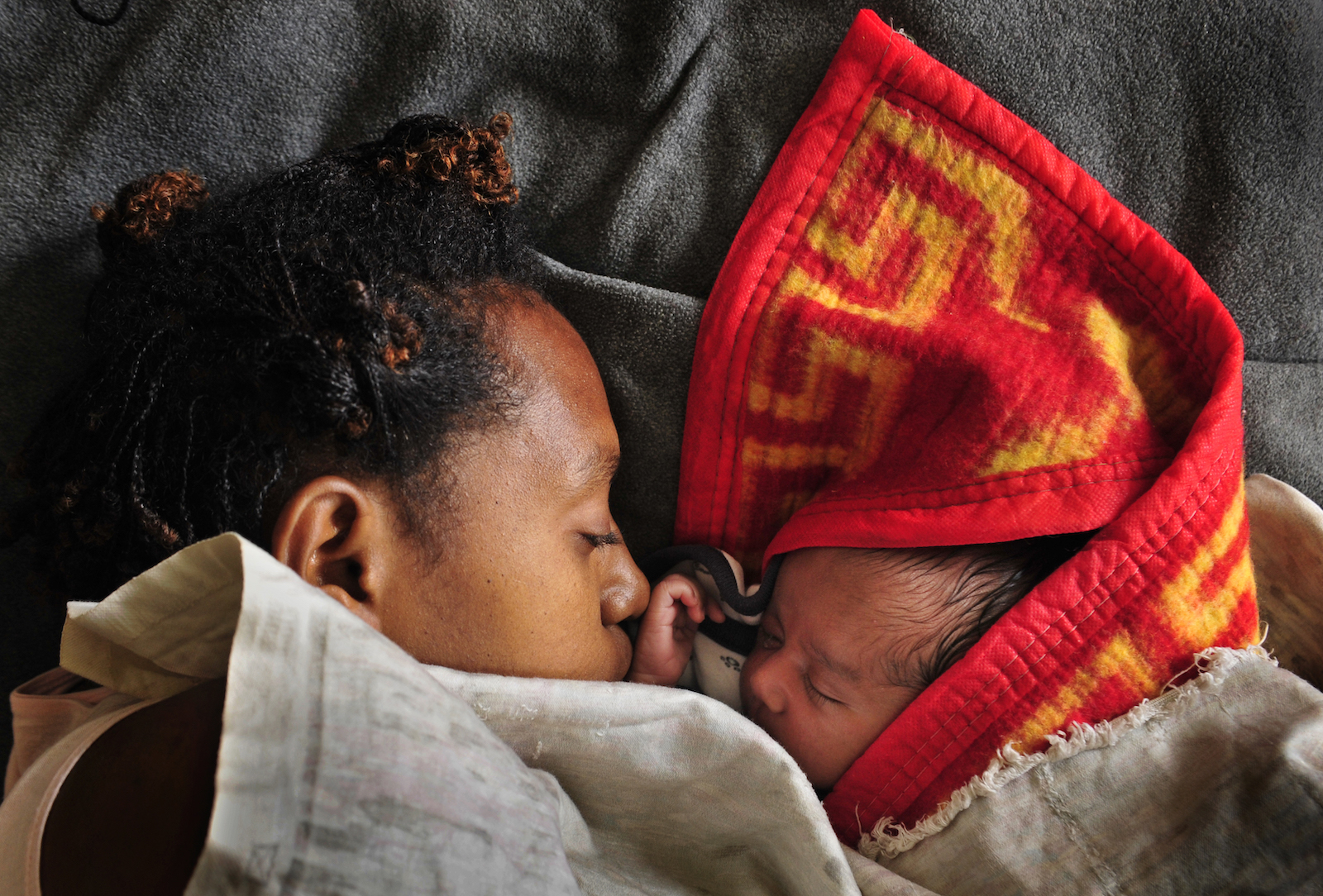Roger Casupang was working in a coastal clinic on the north side of Papua New Guinea, an island nation of 9 million in the southwestern Pacific Ocean, when a pregnant woman burst into his facility. She was in labor, moments away from delivering twins. She also had a severe case of malaria, a life-threatening mosquito-borne illness common in tropical countries.
Casupang, an obstetrician, quickly took stock of the situation. When the parent is healthy, a twin pregnancy is twice as risky as a single pregnancy. Meanwhile, severe malaria kills nearly half of the people who develop it during pregnancy.

The woman was exhausted and delirious. Because many of his patients walked for days to get medical care for standard ailments, Casupang didn’t know which province she had come from or how long she had been traveling before she reached his clinic. What he did know was that the woman had arrived just in time.
“She was actually pushing when she came in,” he said. Casupang, who was born in one of Papua New Guinea’s highland provinces and had been practicing medicine on the island for the better part of a decade at the time, had seen pregnant women die in less dire circumstances. Against all odds, with limited medical resources and medicines at their disposal, Casupang and the other medical professionals at the clinic were able to deliver the twins safely.
Both babies weighed less than three pounds each, a consequence of their mother’s raging infection. The twins were moved to t.
















